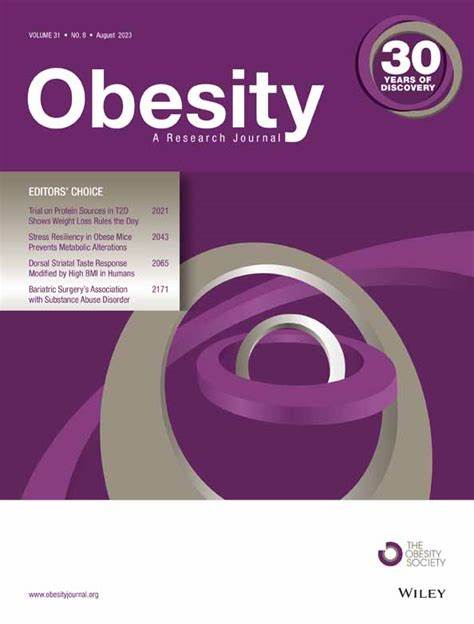Adapting anti-tobacco messages to ultraprocessed foods: message framing's impact on attitudes toward the food industry
Abstract
Objective
Ultraprocessed food consumption is associated with worse health. Ultraprocessed food companies apply production and advertising tactics used for tobacco products. Anti-tobacco campaigns that have highlighted industry manipulation have reduced youth tobacco use and increased support for tobacco-related policies. This study explored whether similar messaging affected attitudes and beliefs toward the food industry, support for obesity-related policies, and weight stigma.
Methods
Participants aged 18 to 25 years were randomized to watch presentations emphasizing the following: 1) food industry manipulation and product addictiveness; 2) food industry manipulation and product health harms; 3) individual choices and food addiction; 4) individual choices and health harms; or 5) a control. Participants completed questionnaires regarding attitudes and beliefs toward the food industry, support for obesity-related policies, and weight stigma.
Results
Messages that emphasized food industry manipulation and product addictiveness were associated with increased negative attitudes toward the food industry versus control. Industry-focused messages were associated with increased negative beliefs regarding industry practices versus control. No significant effects were observed on support for obesity-related policies and weight stigma.
Conclusions
Emphasizing food industry manipulation and product addictiveness appears promising for shifting youth attitudes toward the food industry without increasing weight stigma. Further research is needed to identify messages that shift support for obesity-related policies.

 求助内容:
求助内容: 应助结果提醒方式:
应助结果提醒方式:


